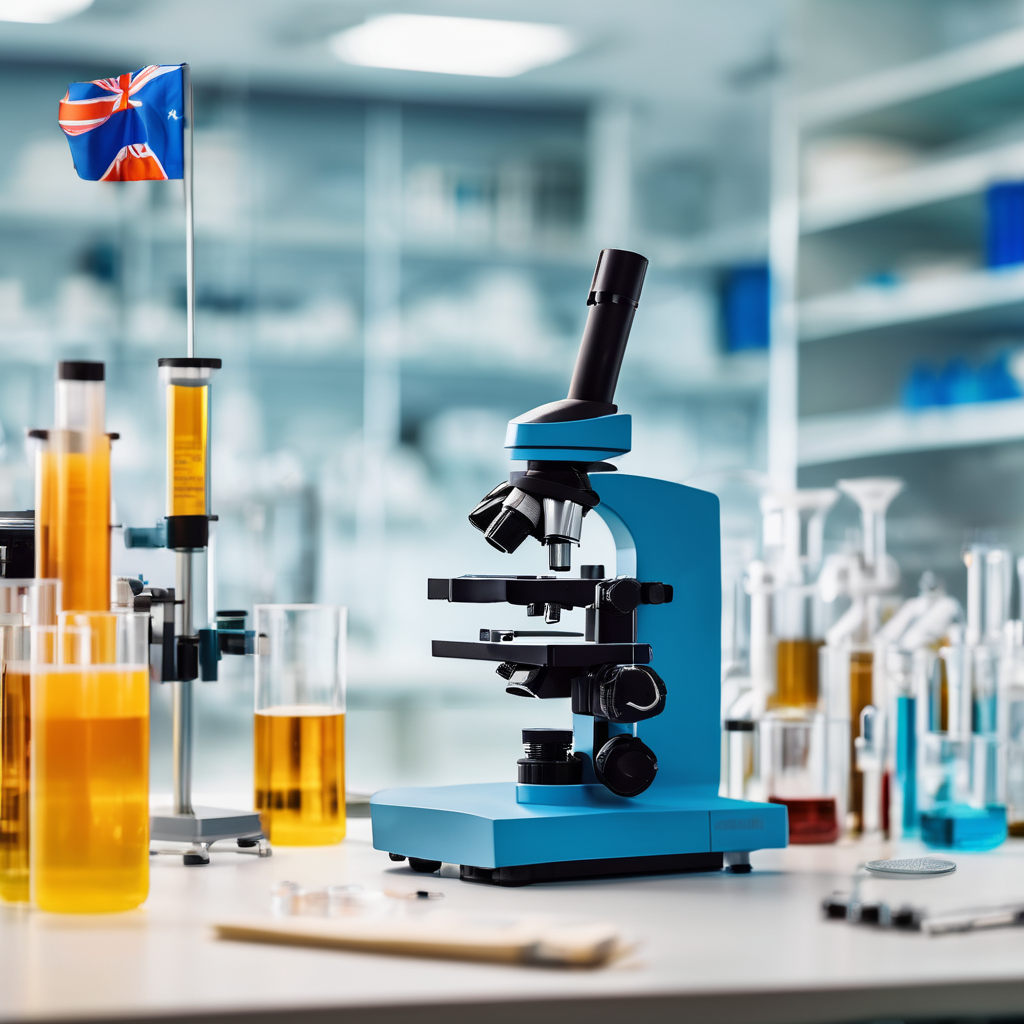The Health Ministry of Fiji has made notable strides in bolstering its public health infrastructure through the upgrade of its water laboratory and the establishment of a new food and leptospirosis laboratory. These developments are pivotal in the fight against food and waterborne diseases. Health Minister Dr. Atonio Lalabalavu emphasized that the introduction of these laboratories will significantly enhance the Ministry’s ability to detect, analyze, and respond to diseases like typhoid and leptospirosis, effectively reducing the turnaround times for identifying microbial, chemical, or toxin hazards.
According to Dr. Lalabalavu, the laboratories are set up to provide services across all four divisions of Fiji, integrating seamlessly with national surveillance systems to ensure a swift response to epidemiological findings. This initiative is aligned with Fiji’s Health Adaptation Plan, which aims to build robust health systems and improve early outbreak detection capabilities.
International collaboration has played a crucial role in the establishment of these facilities. Dr. Saia Ma’u Piukala, the Regional Director of WHO Western Pacific Region, underscored the fundamental importance of such laboratories for public health. The project has received substantial financial support from KOICA, which has contributed over US$650,000 to enhance testing capacity and staff training in Fiji’s healthcare facilities.
These advancements come as part of a broader pledge to effectively address increasing health challenges. Previously, Fiji established a Pathogen Genomics Laboratory, showcasing its proactive stance in public health and reducing dependency on overseas testing for critical diseases, thus positioning the nation as a healthcare leader in the Pacific region.
As Fiji continues to develop its health infrastructure, these initiatives not only demonstrate a commitment to safeguarding public health but also enhance the nation’s preparedness for potential health crises. The focus on securing reliable testing facilities and integrating advanced capabilities signals a hopeful future for improved health outcomes and the well-being of its citizens.
